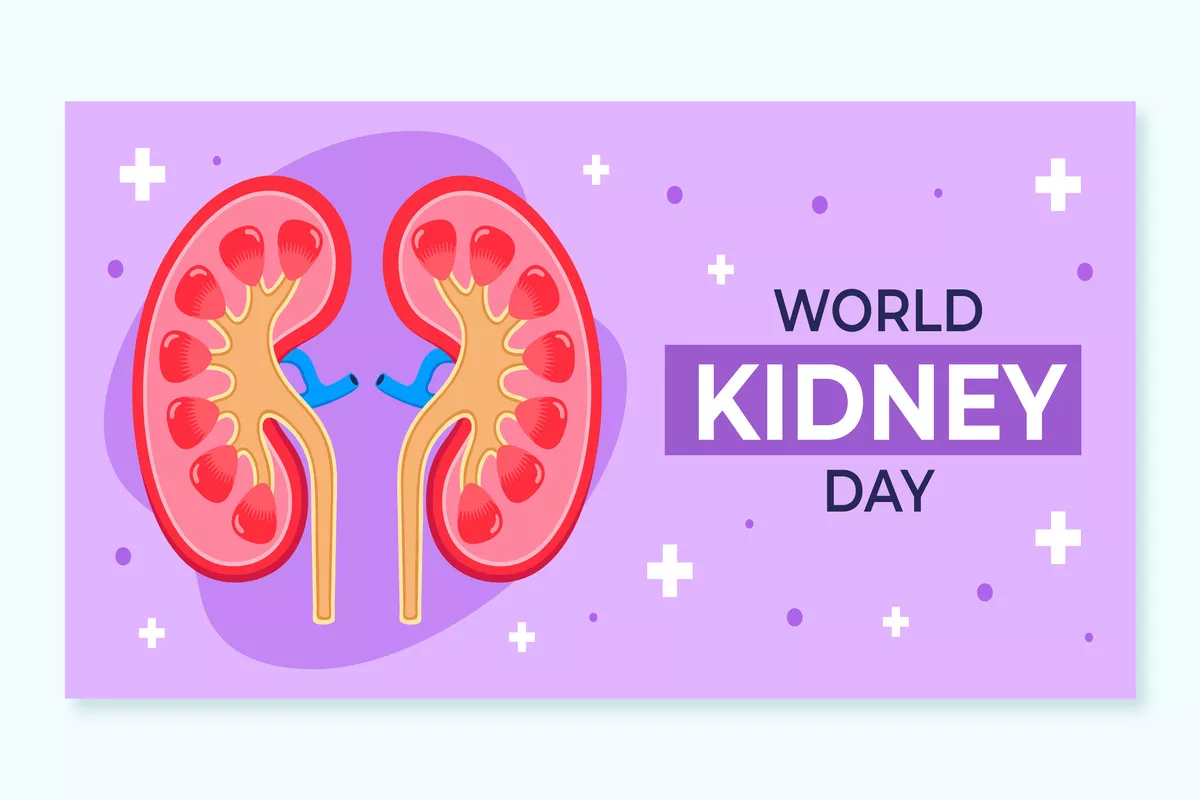Dr. Kristin George, Consultant - Nephrology and Renal Transplant at Aster Whitefield Hospital, explains kidney diseases, their causes, risk factors, symptoms and treatment options.
Diabetes is the leading cause of kidney disease globally. Often, kidney disease is present at the time of diabetes diagnosis but remains undiagnosed. People with diabetes should get screened for kidney disease regularly. Other causes of kidney disease include glomerulonephritis, proteinuria, hypertension, congenital conditions, kidney stones, recurrent urinary tract infections, and overuse of painkillers.
Risk factors for Kidney Disease
The risk factors include diabetes, hypertension, obesity, recurrent urinary tract infections, a history of painkiller use, being above 50 years old, and having a history of pregnancy-related hypertension.
Symptoms of Kidney Disease
Dr. Kristin explains that kidney disease is often called a silent killer because symptoms are usually vague or minimal. Examples of kidney disease symptoms include fatigue, loss of appetite, mild leg swelling, puffiness around the eyes, itchy skin, frothy urine, blood in the urine, flank pain, burning urination, and urinary flow abnormalities.
Early diagnosis is crucial for effective kidney disease treatment. Early intervention can slow the disease progression by 10-15 years and delay the need for dialysis or a kidney transplant. In some cases, a kidney biopsy may be performed to diagnose the cause of the disease and determine treatment options. Treatment options include lifestyle modifications, medications, and dialysis or kidney transplantation in advanced cases.
Aster Whitefield offers a comprehensive kidney disease treatment program, including screening, diabetic kidney disease management, treatment for various glomerular diseases, and kidney transplantation.










